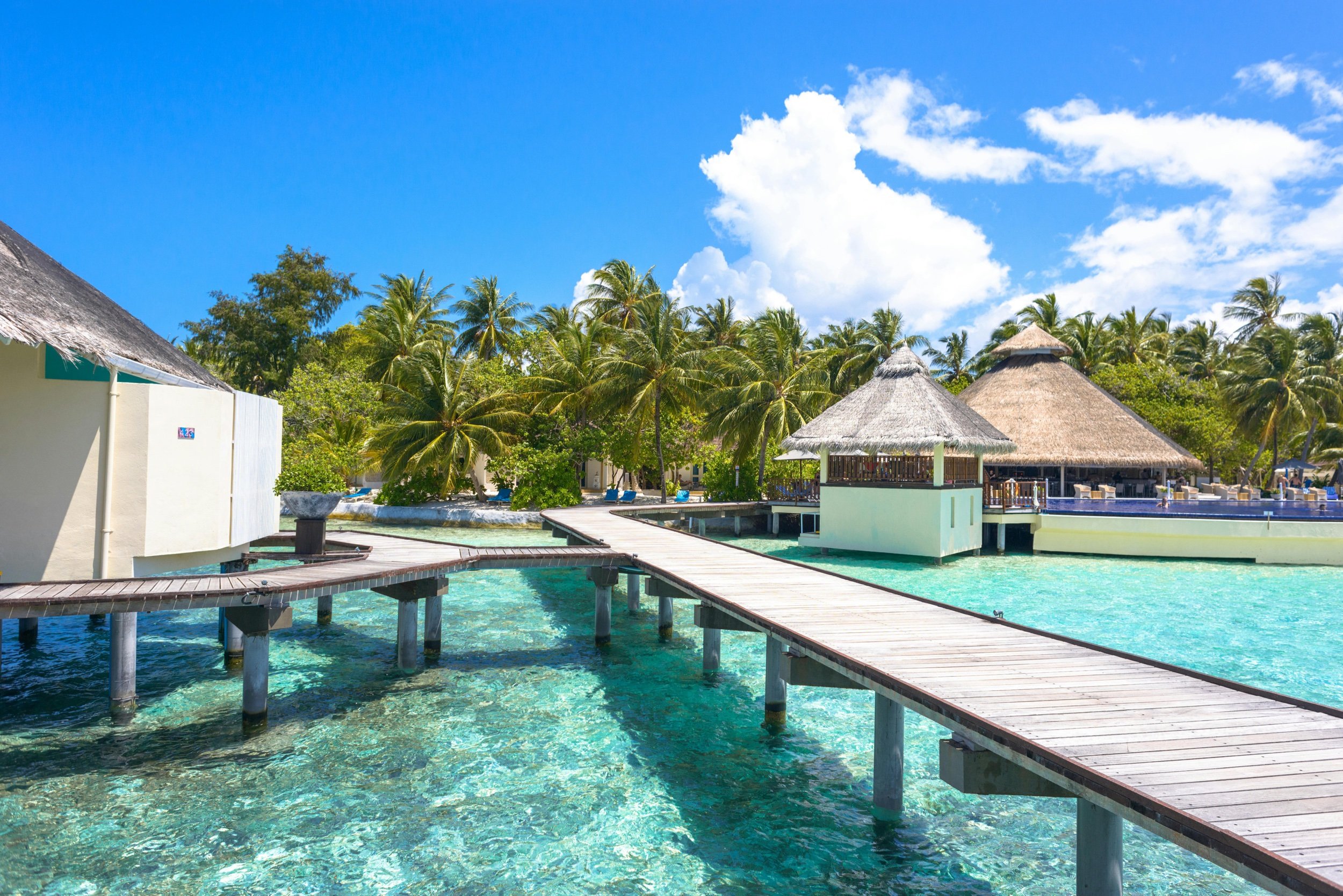Eco-Tourism in Nicoya: Sustainable Practices and Destinations
The Nicoya Peninsula of Costa Rica, known for its pristine beaches, lush forests, and vibrant wildlife, is a paradise for nature lovers and a beacon for ecotourism. In this corner of the world, sustainability isn't just a concept; it's a way of life. Here, ecotourism goes beyond simple conservation efforts, intertwining with the daily lives of locals and visitors alike. This blog will guide you through ten key aspects and destinations that showcase how Nicoya excels in sustainable tourism, offering experiences that are both environmentally responsible and profoundly enriching.
1. Wildlife Sanctuaries and Reserves:
Nicoya's wildlife sanctuaries and reserves are vital for protecting its rich biodiversity. These areas, such as the Cabo Blanco Nature Reserve and the Karen Mogensen Wildlife Refuge, are home to many species, from howler monkeys to exotic birds. Guided tours in these sanctuaries offer a chance to witness wildlife in their natural habitat and educate visitors on the critical roles these ecosystems play and the ongoing efforts to preserve them.
2. Community-Based Tourism:
In Nicoya, community-based tourism initiatives allow visitors to immerse themselves in the local culture while ensuring tourism revenue benefits the community. This model fosters sustainable development by involving residents in tourism activities, whether it's through homestays, cultural tours, or community-run ecotourism projects, thereby providing a more authentic and enriching experience for tourists.
3. Eco-Friendly Accommodations:
Eco-friendly accommodations in Nicoya are setting a benchmark for sustainable tourism. These places, from eco-lodges to green hotels, focus on sustainability through various practices like solar energy utilization, rainwater harvesting, and organic waste composting. Such accommodations allow travelers to stay in harmony with nature without sacrificing comfort.
Also if your traveling with children make sure to bring along some sustainable diapers with eco-friendly, hypoallergenic bamboo diapers.
4. Sustainable Adventure Activities:
The adventure activities in Nicoya are tailored to be eco-friendly. Zip-lining setups, for example, are constructed with minimal disturbance to the natural environment. Kayaking and paddleboarding on the region's rivers and coastlines offer low-impact ways to explore the natural beauty while ensuring the preservation of the aquatic ecosystems.
5. Organic and Local Food Experiences:
Nicoya's culinary scene is deeply rooted in organic and locally sourced ingredients. Many regional restaurants and eateries commit to a farm-to-table approach, serving dishes made from locally grown fruits, vegetables, and sustainably sourced seafood, thus supporting local farmers and reducing the environmental impact.
6. Beach Clean-Ups and Marine Conservation:
Nicoya's initiatives for beach clean-ups and marine conservation are crucial in preserving its coastal beauty. These activities help keep the beaches clean and people aware of the importance of protecting and preserving marine life and ecosystems. Tourists are often encouraged to participate in these efforts, fostering a sense of environmental stewardship.
7. Luxury Rentals in Costa Rica with a Conscience:
The luxury rentals in the Nicoya Peninsula are a testament to the fact that luxury and sustainability can go hand in hand. These rentals, often situated in picturesque locations, offer upscale amenities while practicing environmental sustainability, providing guests with a luxurious yet eco-conscious stay.
8. Educational Eco-Tours:
Nicoya's eco-tours are designed to educate visitors about environmental conservation. These tours can include visits to renewable energy projects, water conservation programs, and sustainable farming practices, offering insights into how local communities work towards a sustainable future.
9. Support for Local Artisans and Crafts:
Supporting local artisans and crafts is a crucial aspect of Nicoya's ecotourism. Purchasing handmade souvenirs, from pottery to textiles, contributes to the local economy but also helps keep traditional skills alive. These authentic products offer visitors a tangible memory of their eco-friendly travel experience.
10. Conservation Efforts in the Costa Rica Nicoya Blue Zone:
The status of Costa Rica Nicoya Peninsula as a blue zone – where people live longer, healthier lives – is integrally linked to its environmental conservation efforts. The sustainable practices in the region, from preserving natural habitats to promoting organic agriculture, contribute to the overall well-being of both the residents and the environment, making Nicoya a model for sustainable living.
Conclusion:
Ecotourism in the Nicoya Peninsula offers more than just a holiday destination; it provides a chance to connect with nature, understand the importance of sustainability, and witness how responsible tourism can coexist with environmental conservation. From participating in community-driven initiatives to staying in eco-friendly luxury rentals in Costa Rica, every aspect of your journey contributes to a larger purpose. In Nicoya, every traveler becomes a part of the region's commitment to preserving its natural beauty, cultural heritage, and the well-being of its communities, making every visit a step towards a more sustainable future.










